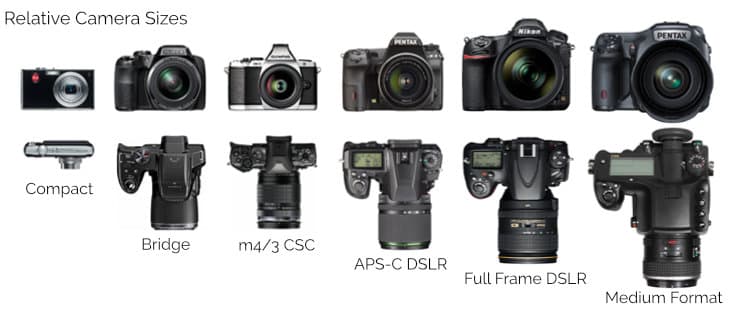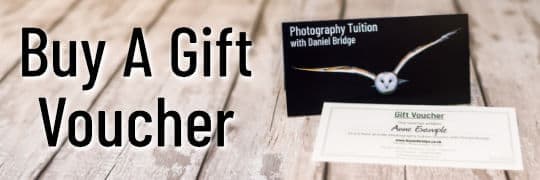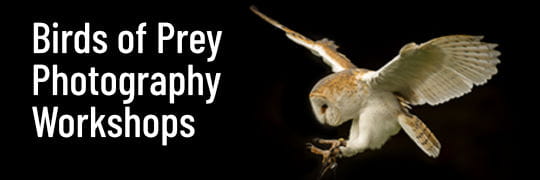Advice: What Camera To Buy

With a huge range of different types of camera, let alone all the various brands, it's no wonder that people often ask what's the best camera for them to buy. There's no simple answer to that question though, as everyone's needs, wants, and hands, are different, so I've put together this general advice which might help to narrow down your choices, and be a bit more prepared for the decision you're about to make.
In general the three main aspects to consider are your budget, whether there are any particular features you're after, and what feels right in your hand. Pretty much any camera these days is capable of giving you great results, but some are more capable than others. Some are also bigger, heavier, and more expensive than others too, so there's always some compromise to be made, either to your wallet, your back, speed of control and features, or image quality.
First off, decide on a ballpark figure for budget, as this will narrow down your choices to a lesser or greater extent, depending on how much you want to be spending.

If image quality's a prime concern, then a camera with a bigger sensor in it is likely to be your best choice, and any of the mirrorless (Compact System Camera or CSC) or DSLR cameras by OM Systems (Olympus), Lumix, Sony, Fuji, Nikon, Canon, and Pentax, are going to be good choices (there are other brands too, but these are the most commonly found). They mostly have interchangeable lenses, meaning you can choose a particular lens to do the specific job you're asking of it, such as a telephoto lens, or a macro lens.
Some cameras are more expensive than others, and they all feel different, so the best thing to do is to go to a decent camera shop, such as Cameraworld in London and Stevenage, or SRS Microsystems in Chesham, and try out everything in your budget. Cameras in this bracket start at around £500 for a basic DSLR from Canon or Nikon (with savings of course if you buy secondhand), and can go as high as you like really, certainly into the multiple thousands. Be mindful that you'll need to budget for lenses too, at least at some point, as the standard zoom lens that comes with most cameras will be fine, but won't do everything you might want to do. However, don't buy extra lenses until you know what you want to do, and that the lens you have can't do it. That's a benefit of tuition, it can save you money in the long run.

Within the 'bigger sensored' cameras, there's still a wide variation in sensor size, from the Micro Four Thirds (M4/3) models by Lumix and OM Systems (where the sensor is approx. 17mm x 13mm), to APS-C sized ones in Fuji, Canon, Nikon, Sony, and Pentax cameras (approx. 24mm x 16mm), to 'Full Frame' sensors in Canon, Nikon, Sony, Lumix, and Pentax cameras, at 36mm x 24mm. As the sensor gets bigger, all other things being equal, the image quality gets better too, especially in poorer light. However, lenses also need to be bigger, and consequently heavier, and generally more expensive. As a generalisation, the smaller the sensor, the smaller the camera and lenses.
Cameras with Full Frame sensors tend to be used by portrait and social photographers, as they make it easier to achieve very shallow depth of field (subject sharp, foreground and background blurred), and anyone going for very high quality images. If you really want to splash out, you can even go for a Digital Medium Format model, such as those from Fuji, Pentax, and Hasselblad, which will cost several thousand pounds, have a sensor that's around 44mm x 33mm or bigger, and significantly larger and heavier lenses again. Image quality is even better than Full Frame, but cost, bulk, and weight is higher still.
For a smaller, more convenient, and usually cheaper option, look at compact or bridge cameras. These usually have a sensor that's significantly smaller than the ones we've already looked at, maybe just 7mm x 5mm, but some have so-called 'One Inch' sensors, which actually aren't anything like an inch in size, but they are roughly four times the size of the smaller ones, at about 13mm x 9mm. These larger sensors give better image quality again, but still fall short of that offered by the M4/3 sensors and bigger.

Compact cameras are the typical small rectangular cameras, often with fairly long zoom lenses, and usually with just an LCD screen on the back and no viewfinder, although there are a few available that do, the Lumix TZ series being one. They're convenient, lightweight, and relatively cheap for something that does a lot. Image quality is the compromise though, they're simply not as good as a larger sensored camera, and it's also harder to get that shallow depth of field look. Compact cameras with the 'One Inch' sensors have better image quality, but cost more, and usually don't have such a long zoom range.
Bridge cameras have the guts of a compact camera, so don't offer any advantage in image quality, but they have the ergonomics of a very small DSLR, so can be easier to hold steady, and usually have an LCD screen on the back as well as a separate viewfinder, which can be easier to use on a sunny day. They also tend to have longer zoom lenses, some with simply enormous amounts of zoom, such as the Nikon P1100. So there's less of an advantage in size and weight, but they are more convenient than a DSLR, as the one, built-in lens does it all. Prices tend to go from a couple of hundred pounds up to £1000 or more, depending on the features and sensor size.

So it's ultimately a choice as to what you're happy to compromise on. If you want small and convenient, not having to change lenses, but with poorer image quality, look to compact or bridge cameras. If you would prefer better image quality, better control over depth-of-field, the ability to use a particular lens to suit a particular job, and don't mind the ultimately open-ended nature of the budget aspect, or the extra weight and bulk, then look to cameras with bigger sensors.
There is no right or wrong in general, but there is for you specifically, so do go to a camera shop and try out everything in your budget, see what feels comfortable to hold, with features you want or might appreciate. Then enjoy!
Do you have a question? Please ask!
Send us your questions and we'll get back to you as soon as possible.
Testimonials
©Copyright Daniel Bridge Photography Tuition 2003-2026
Please read the privacy policy carefully as it details our practices regarding collection, use, disclosure, retention, and protection of your personal information.
Lost? Here's a Sitemap






